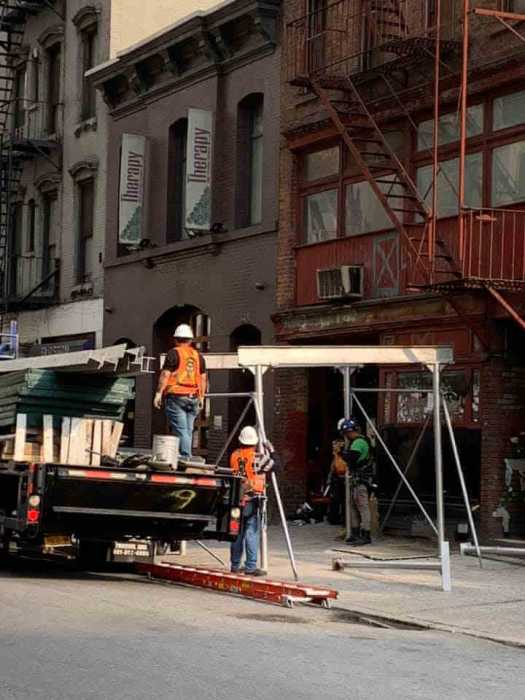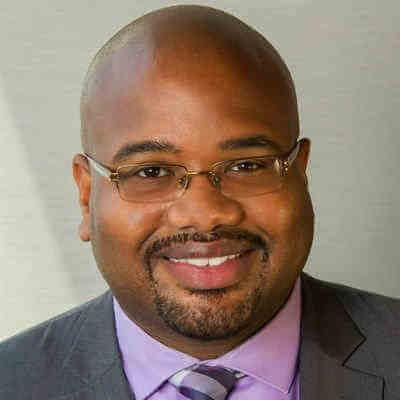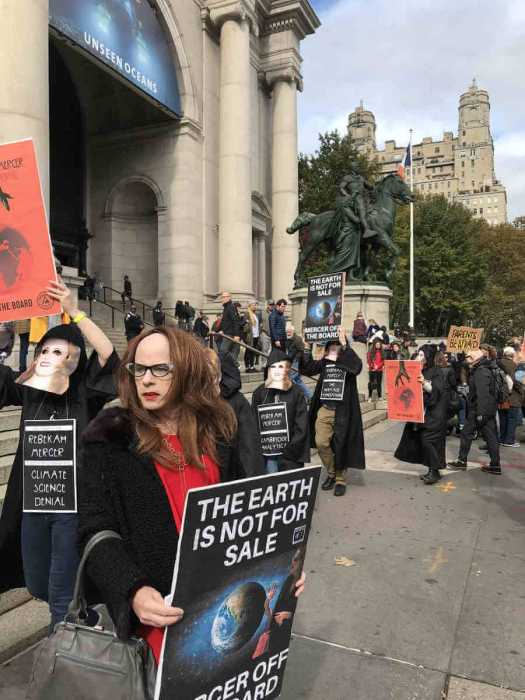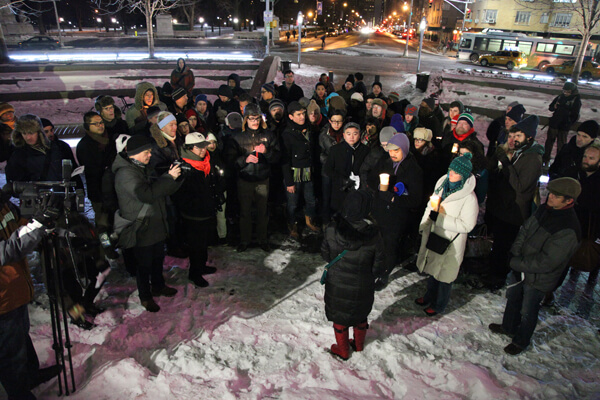There’s a reason lawmaking is compared — unflatteringly — to sausage factories. It’s not neat, it’s not quick, and if you do it out in public, it can kill a lot of people’s appetite for the final product. But rushing through new laws with short notice and inadequate public review, on an issue that isn’t a genuine emergency, isn’t the answer either. That’s not how we make good policy — it’s how government makes mistakes.
That’s the story with the three ballot proposals coming out of the mayor’s Charter Revision Commission, and placed on the General Election ballot this November 6. Proposal #3 would institute term limits of eight years for all Community Board members, cutting our first line of defense for protecting our neighborhoods.
Introduced midway through a Charter Revision Commission that was convened to focus on different subjects, this change to Community Board appointments would further empower developers, who already wield too many advantages in the city’s land use process — and developers aren’t term-limited! Like a lot of well-intentioned ideas, it will have substantial unintended consequences.
I should know; I served on my local community board for many years. When an issue reaches one of the city’s 59 all-volunteer boards (each with 50 members appointed to two-year terms by the borough presidents), the institutional memory of those members comes into play and helps them decide local issues large and small. In my Board experience on the West Side, we did our best to mitigate how Donald Trump could build over the West Side rail yards.
During the development boom New York has experienced, the land use and zoning decisions boards make, and the scrutiny that boards can put development plans under, have all been critical in shaping neighborhoods’ destinies. Major rezonings by the administration in East New York, East Harlem, and Inwood have all been examined — and improved by — Community Board membership.
And that’s just Proposal #3 on the ballot; Proposal #2 creates something called a “Civic Engagement Commission” with a majority of members appointed by the mayor, that would supply urban planners and other support services to Community Boards. But the mayor already has control over the Department of City Planning; why should his appointees help select the Community Boards’ technical advisors for land use decisions, too?
Borough presidents already have responsibility for appointing a diverse, active membership to Community Boards and help inform and support their work — and borough presidents are term-limited. I’ve appointed more than 360 new members as borough president — more than 60 percent of the 600 board members in Manhattan. We conduct a rigorous interview process and assign an urban planner to cover each board and supply technical advice and counsel. The Boards could certainly use more permanent staff, but that can be accomplished by the city’s budget process.
The 2018 Charter Revision Commission the mayor proposed in February’s State of the City Address was charged with changing the City Charter to “enhance voter participation and improve the electoral process.” In proposing to term-limit Community Board members and change their staff support, it has ranged a little far afield — and used “term limits” as a buzzword to help sell their brand of reform.
The Commission’s Proposal #1, on campaign finance, has merit. But the other two proposals will make it harder for Community Boards to do their job as an early-warning system and an honest advocate for neighborhood residents — and thus will strengthen the hand of developers. On Proposals #2 and #3, I’m voting no.
Gale Brewer is the Manhattan borough president.


































